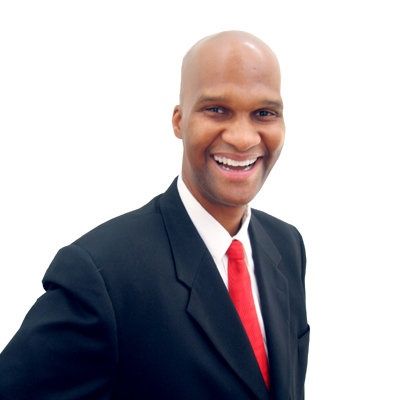7 JUN 2024 · Dating and sales share a remarkable number of similarities in terms of strategy and execution. Here's a refined take on how the techniques used in both arenas overlap:
Building Rapport
Sales: The first step in any sales process is building rapport with the prospect. This involves establishing a connection and creating a sense of trust. Salespeople often use small talk and find common ground to make the prospect feel comfortable.
Dating: Similarly, when dating, the initial interaction is all about building rapport. This means engaging in light conversation, finding shared interests, and making the other person feel at ease. The goal is to create a foundation of trust and mutual interest.
Identifying Needs
Sales: A good salesperson identifies the needs and pain points of their prospect. This involves asking the right questions and actively listening to understand what the customer is looking for.
Dating: In dating, understanding what the other person is looking for in a partner is crucial. This requires effective communication and listening to discern their preferences, values, and what they desire in a relationship.
Handling Objections
Sales: Objections are a natural part of the sales process. A skilled salesperson anticipates potential objections and prepares responses to address concerns, thus moving the conversation forward.
Dating: On a date, objections might come in the form of doubts or hesitations about compatibility. Being prepared to address and alleviate these concerns is key to progressing the relationship.
Adding Value
Sales: To close a sale, a salesperson must demonstrate the value of their product or service. This involves highlighting benefits and showing how it meets the prospect’s needs better than any alternative.
Dating: In dating, adding value means showcasing what makes you a desirable partner. This could be through displaying your positive qualities, demonstrating genuine interest, or showing how you can contribute to a fulfilling relationship.
Creating Desire
Sales: Creating desire involves making the prospect excited about the product or service. This could be through storytelling, emphasizing unique features, or showcasing success stories.
Dating: In dating, creating desire involves making the other person feel excited about the potential of a relationship with you. This can be achieved by sharing compelling experiences, displaying confidence, and creating an emotional connection.
Closing the Deal
Sales: Closing the deal is the moment when the prospect decides to purchase. It requires a clear call to action and sometimes, negotiating terms that work for both parties.
Dating: In dating, closing the deal might mean securing a commitment for the next date or moving the relationship to the next level. This involves clear communication about intentions and mutual agreement on the way forward.
Following Up
Sales: Post-sale follow-up is essential to maintain customer satisfaction and encourage repeat business. This includes checking in, providing support, and nurturing the relationship.
Dating: Following up after a date is equally important. It shows genuine interest and helps to build a stronger connection. This can be as simple as a text message expressing enjoyment of the time spent together and suggesting future plans.
Confidence and Mindset
Sales: Confidence and a positive mindset are critical in sales. Believing in the product and having the resilience to handle rejection are key traits of successful salespeople.
Dating: In dating, confidence and a positive mindset are just as important. Believing in oneself and handling rejection gracefully can greatly enhance one's dating experiences and outcomes.
By applying these strategies from sales to dating, one can navigate the complexities of relationships with the same strategic finesse used in closing deals. The principles of rapport-building, understanding needs, addressing objections, adding value, creating desire, closing the deal, and following up, all backed by confidence and a positive mindset, are universal in their applicability. My website www.drjohnoda.com


